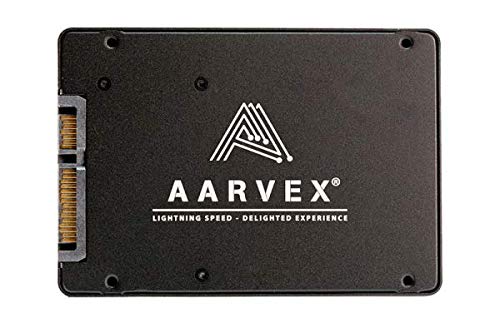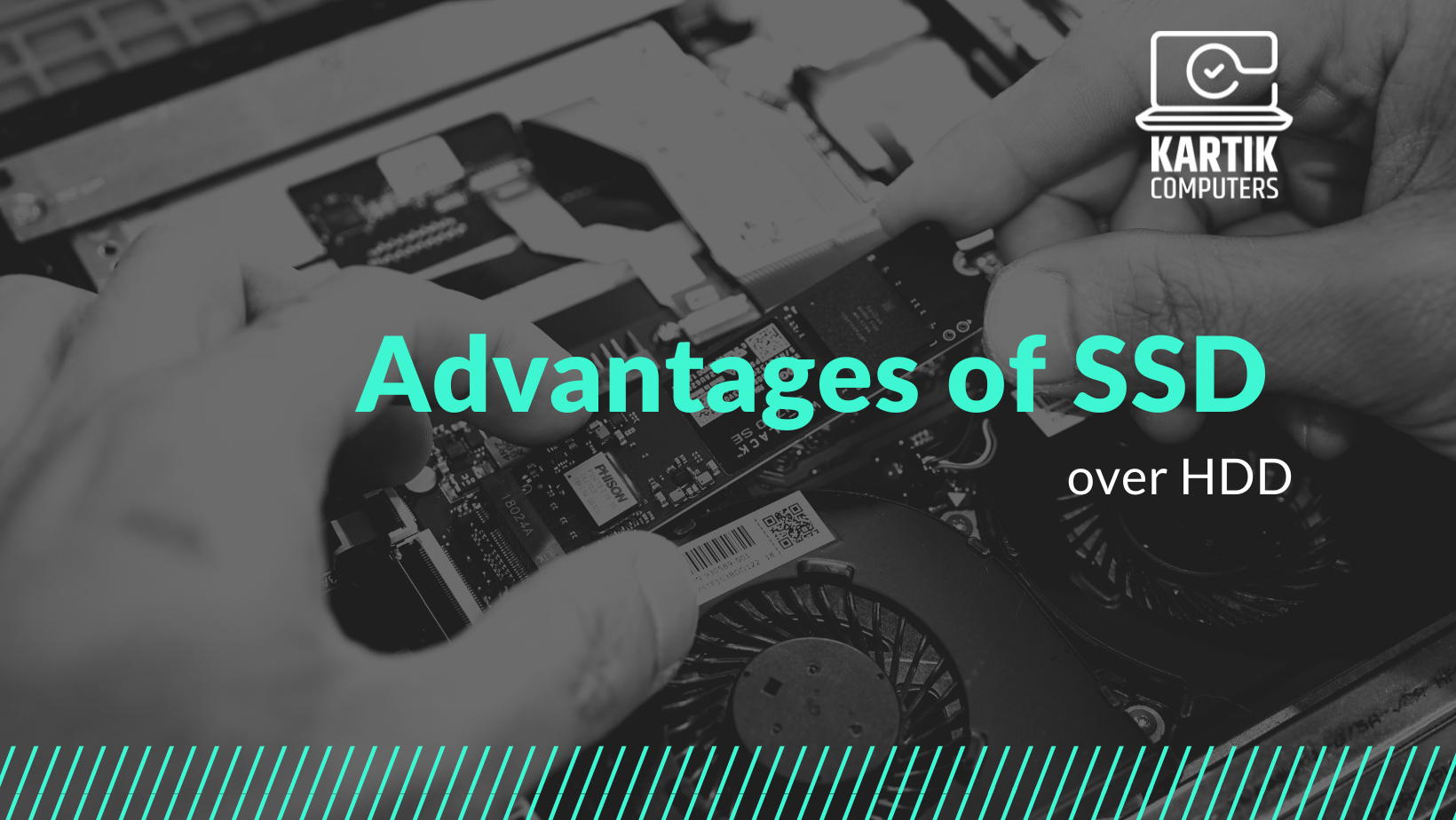Advantages of SSD over HDD
SSD (Solid State Drive) has several advantages over HDD (Hard Disk Drive), including:

- Speed: SSDs are significantly faster than HDDs, as they have no moving parts and can access data almost instantly. This makes them ideal for tasks that require fast data access, such as booting up a computer or opening large files.
- Reliability: Since SSDs have no moving parts, they are more reliable than HDDs. There are no spinning disks to break or motors to wear out, which means that SSDs are less likely to fail.
- Durability: SSDs are more durable than HDDs, as they are resistant to physical shock and vibration. This makes them ideal for use in laptops and other portable devices, where they are more likely to be bumped or dropped.
- Energy efficiency: SSDs require less power to operate than HDDs, which means that they use less energy and produce less heat. This can help to extend the battery life of laptops and other portable devices.
- Noiseless operation: As SSDs have no moving parts, they operate silently. This is in contrast to HDDs, which can produce noise as they spin up and down.
- Compact size: SSDs are typically smaller and lighter than HDDs, which makes them ideal for use in slim laptops and other portable devices.
Overall, the advantages of SSDs make them an attractive choice for those who value speed, reliability, durability, and energy efficiency. While they may be more expensive than HDDs, their superior performance and longevity make them a worthwhile investment for many users.

